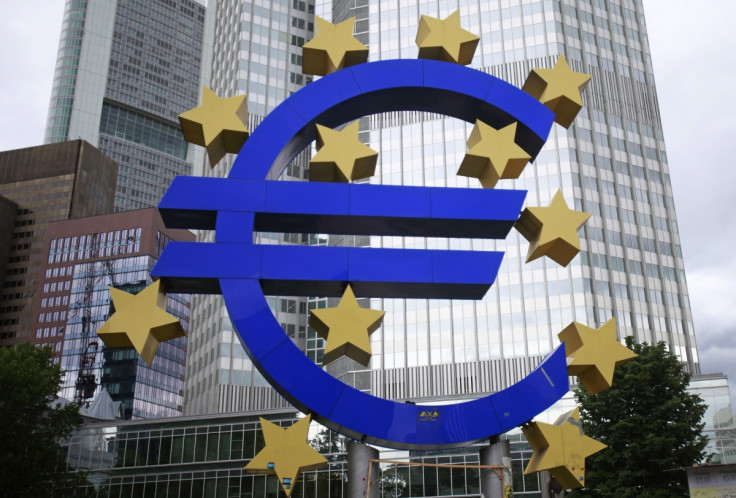Mudslinging Swamps the Truth About Financial Transactions Tax

George Osborne's opposition to the EU's Financial Transactions Tax was dismissed by the European Court of Justice today.
Osborne had attempted to have the ECJ rule the tax as being illegal and has vowed to appeal the decision, but the court's ruling carried an air of finality: "The court dismisses the United Kingdom's action," read a statement.
The FTT was ratified by 11 European states in January last year, led by France, Germany, Italy and Spain. The UK abstained.
Other notable abstainers included Sweden, which has previously implemented its own version of the "Tobin Tax", named after the Nobel Prize winning American economist James Tobin who proposed something similar in the 1970s. Sweden has since repeatedly warned of its potential to drive traders from financial centres.
The EU claims that the tax would have the potential to raise up to €35bn per year by placing a 0.1% tax on the trades of shares and bonds, and 0.01% on the trades of derivatives.
UK trades would be exempt from the levy, but the FTT is extraterritorial, meaning any trades in London that cross the borders of the 11 countries implementing it would be taxable.
London is by far and away the largest financial centre in Europe. The Global Financial Centre Index for March 2014 shows that it ranks second in the world to New York, with Zurich and Geneva the only other European cities in the top 10.
Osborne claims that London would be penalised disproportionately for having a large financial sector.
But is this the full story? Chas Roy- Chowdhury is the head of taxation at the Association of Chartered Certified Accountants and is an opponent to the FTT.
He told IBTimes UK, "the blueprint won't be helpful to financial centres such as London and Dublin" and that the tax could cost "€3.5bn in capital flows out of the UK".
However, Chowdhury goes on to say that the ruling could drive yet more financial institutions into London, as they seek to escape the FTT zone.
This is some turnaround from the early days of debate over the FTT, when the threat of financial institutions relocating to Singapore or New York was hung over its architects.
In 2011, chairman of brokerage Icap Michael Spencer said: "This tax would destroy the City and cost the exchequer billions, but it would benefit Brussels. Companies like Icap will simply move elsewhere outside the EU if Nicolas Sarkozy and Angela Merkel push ahead with this silly tax."
In February, a scathing report by London Economics, a research company, said that British savers could stand to lose £3.6bn in the value of their deposits, if the tax was implemented.
But the reality is that traders often make more individual trades in order to earn further commission from funds and fund managers. The FTT is likely to be more of a disincentive to trading, than an incentive to leaving.
The debate over FTT has turned into a game of political mudslinging with the facts being conveniently sidestepped.
Barclays, for instance, is reported to have paid out £9bn in bankers' bonuses since 2009, while at the same time paying as little as £113m a year in corporation tax. Would a 0.01% tax on derivative trades into Europe really have such a disastrous effect on its books?
It is rarely reported that FTT's exist in some form or other in Hong Kong, Mumbai, Seoul, Johannesburg and Tapei. The five centres are said to raise a combined £12bn a year in taxation.
Europe is hardly a solitary voice in thinking traders should be taxed for their transactions, just as consumers are. However, the fact that just 11 of the EU's 28 member states are interested in implementing FTT shows the indifference with which it is viewed.
Equally, Chowdhury says the European Commission has conveniently swept under the carpet its admission from a few years back that FTT "will only increase the impact on growth in the Eurozone".
The reality is that the FTT will be neither a panacea to the eurozone's cashflow woes, nor anathema to Britain's growth the financial sector.
The truth about the FTT, particularly in its watered-down, fragmented format, lies somewhere in the middle.
© Copyright IBTimes 2025. All rights reserved.






















